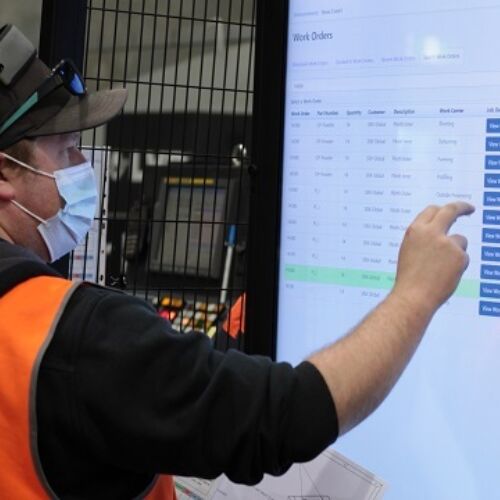Background and circular economy
Starting in 2019, Grainstone manufactures advanced food ingredients and biomaterials, including sustainable protein isolates, and specialty flour using brewers’ spent grain and other primary food processing traditional waste streams. Initially focussed on brewers spent grain, brewing beer only removes the starchy sugars from the grain, yet protein, fibre, lipids and micronutrients are retained, which are processed by Grainstone.
Grainstone promotes value recovery of food wastes to place themselves in the circular economy. Their ingredients are believed to be net-climate positive. Upcycling food waste streams directly back into the food system is the best solution in the food waste hierarchy. They demonstrate a championing level of maturity in the circular economy (21/25). Environmental impact awareness, and raising awareness of the company’s stakeholders on the environment by having an environmental management system are the key areas they focus on in following a circular economy model.
Drivers for circular economy adoption
The founder's personal values and passion for sustainability drove Grainstone towards circular economy adoption. The potential in the business idea and an opportunity to produce quality products by incorporating waste also sparked the desire. The founder has also observed an appeal from the market for such a product that applies circular economy concepts.
Circular economy practices adopted
- Using renewable energy for processing
- Using waste streams as inputs
- Gain maximum value out of inputs
- Technology application for efficient processing
- Repurpose spent grain into advanced food ingredients
- Create value out of food residue
Company changes with the adoption of circular economy
Grainstone adopted the circular economy model from the inception and are spreading their product range.
Critical success factors for circular economy
Critical success factors include:
- The founder's vision and commitment
- Developing a viable business model
- Collaboration with stakeholders
- Changing customers' mindsets via education and engagement
- Gaining support and buy-in from customers
Benefits of adopting a circular economy
The company receives economic benefits from the circular business model, by retaining a customer base and boosting their brand value.



